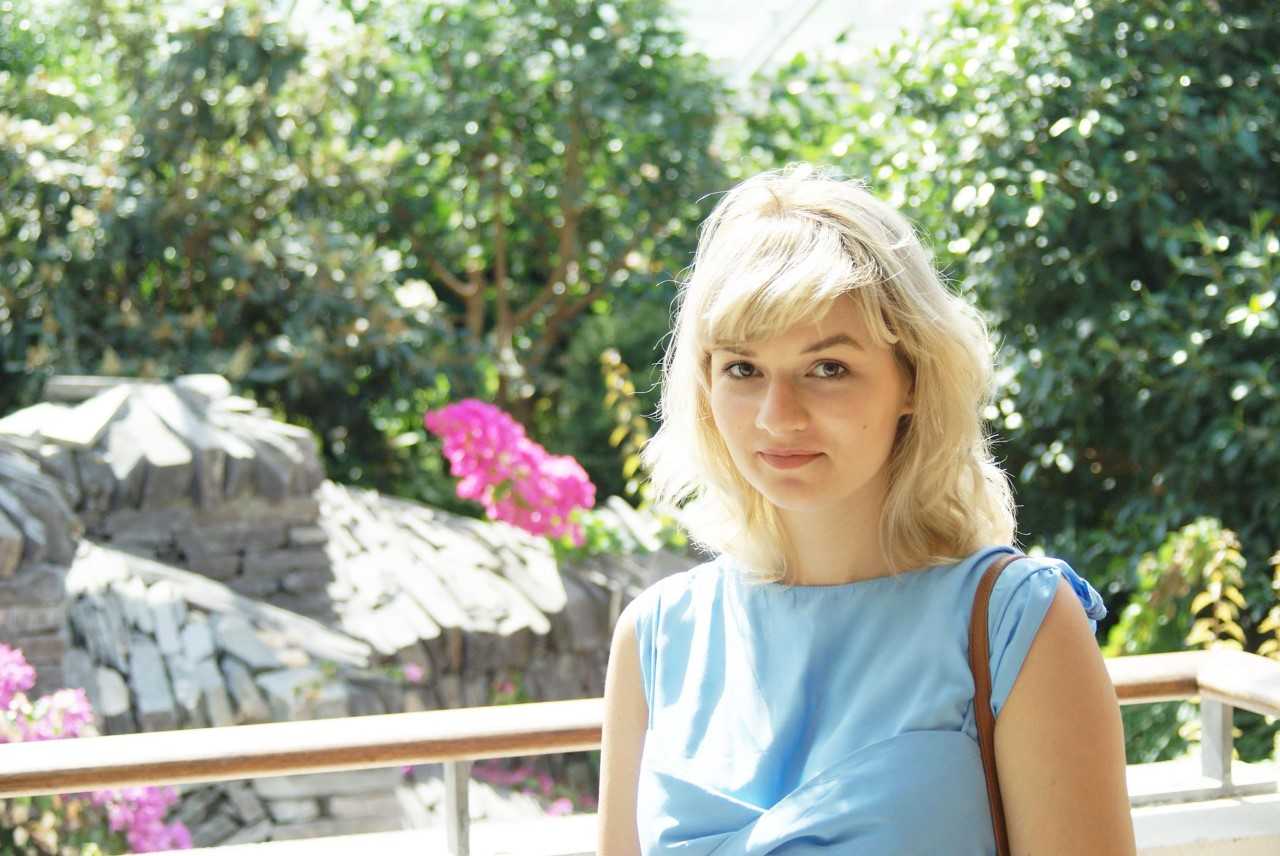 Cristina Alexandru is a PhD student in the engineering department at the University of Exeter where she carries out research on wireless power transfer technologies. Here she writes about how a talk at a conference attended by approximately 20,000 women technologists spurred her to reflect on how we handle success and failure and issues of confidence and competence in our work. Come and meet Cristina and hear her speak at Soapbox Science Exeter on the 29th of June 2019!
Cristina Alexandru is a PhD student in the engineering department at the University of Exeter where she carries out research on wireless power transfer technologies. Here she writes about how a talk at a conference attended by approximately 20,000 women technologists spurred her to reflect on how we handle success and failure and issues of confidence and competence in our work. Come and meet Cristina and hear her speak at Soapbox Science Exeter on the 29th of June 2019!
By Cristina Alexandru
Be Confident
“Be confident” is one of the most common pieces of advice given to us, in situations where we have to “sell” ourselves and our work to a potential employer, committee or within our workplace. However, it seems that this remark is more often directed towards women than men.
As Tammy Hughes explained in her GHC2018 talk, it all comes down to “Attribution theory”. In a recent study conducted at the Heim Group, a big and diverse age group of both genders were interviewed and the results shed some light on how men and women perceive success. As Hughes explained, men attribute success to their inner skills. On the other hand, women associate their success to external factors such as luck, good organisation, completing key tasks, rather than their own skills. When unsuccessful, men put the blame on external factors, such as: not having enough time, difficult work environment, uncooperative team, but women link it to themselves by thinking they were not good enough and lacked the main skill set which could have helped achieve the goal.
When I first heard the Heim Group’s findings, I could not believe it… but then briefly, for a few seconds, I went down memory lane and to my amazement and shock, she was completely right! I have also been trapped in this circle by putting the blame solely on myself whenever something wouldn’t go as planned and associated success to a happy set of circumstances under which all was possible … and then I thought, why was I doing this to myself? The answer is more complex than what came through my mind in that spur of the moment, but I was determined that I could no longer let the self-sabotage continue.
What happens when others are showing lack of confidence in you?
The key element is that you have to keep your ground and restore the power level when someone else establishes from the beginning that you are not good enough. Find your own style, let the work speak for itself and make a plan on how to improve and gain more skills and knowledge. If you feel like something is not quite right, make subtle changes and notice which ones have the most impact. Be specific on what you want and can do! Write it down and visualise it.
 Competence vs Confidence?
Competence vs Confidence?
From a semantic perspective, competence and confidence are not related – meaning that competence refers to knowledge and ability to complete a task and confidence is linked to the belief that you can do it.
In reality, they depend on one another and a lack of confidence can affect your competence and vice-versa. Women tend to underestimate themselves which leads to a lack of confidence which in turn translates as a lack of competence to everyone around them.
Another eye-opening example from Hughes’s talk, was that in both verbal and non-verbal communication men use affirmative statements such as: “I will”, “I am certain that” etc. On the other hand, women “go into the confessional” (as Hughes labelled it) and express their honest thoughts by saying things like “I would like to”, “I hope to” instead of using firm key-words. Even though men might have the same insecurities as women, they simply do not express them and that creates the image of a confident person. So for us women, it’s not necessarily a situation where confidence is lacking but rather our words might put us at a disadvantage.
Women in STEM
So where does this leaves us women in STEM, who happen to be at a disadvantage numerically speaking compared to our male colleagues?
From my point of view, I think it all comes down to learning about the psychology behind us, as human beings as well as developing our emotional intelligence and ultimately understanding how we, women are different from men.
 As a young woman in STEM, I’ve often found myself questioning my competence. Unfortunately, looking back it was due to my lack of confidence rather than the knowledge itself. Over time, I have overcome this by constantly reminding myself of times when I have faced more difficult situations and was successful. What boosts my confidence the most currently, is knowing that I have all the skills needed to learn and expand my knowledge and the certainty that I will get there!
As a young woman in STEM, I’ve often found myself questioning my competence. Unfortunately, looking back it was due to my lack of confidence rather than the knowledge itself. Over time, I have overcome this by constantly reminding myself of times when I have faced more difficult situations and was successful. What boosts my confidence the most currently, is knowing that I have all the skills needed to learn and expand my knowledge and the certainty that I will get there!
Whoever said that comparison is the thief of joy, was definitely right! Inevitably, from time to time I start comparing myself to everyone else and that can take a toll on me. In such situations, I try to take back control of my mindset and start by mentally putting things into context. So for example, I would ask myself: “For how long have they been researching this topic?”, “What is their prior experience?”, “Are they working alone or in a big research group?”, “What other opportunities did they have?”. By using this thought process, I clearly put everything into perspective and the lack of confidence can no longer control me. Depending on the situation, if this isn’t helping, I remind myself that everyone has their own rhythm of learning and progressing.
Lastly, this might be well-known advice but still, I’d like to emphasise it – there is no perfect moment to start something because life will always gets in the way, so if a good opportunity arises, take it. Otherwise you risk wasting time… and who knows, that opportunity may never come again in your path.
Why Soapbox?
I believe it is important to have role models that can be humanised because everyone has good qualities but also flaws and insecurities… and this is one of the main reasons why I believe Soapbox Science is an amazing event through which young girls can find relatable role models. As an undergraduate, I remember finding it difficult to carry on without having female role-models around me whom I could look up to and would support me in pursuing my goals. As time went by, I started getting involved in outreach activities as well as events promoting women in STEM. This offered me the chance to hear the motivational and challenging experiences of some incredible ladies who have been those role models I so much needed and it gave me that extra push to build my own confidence. Soapbox Science confirms the fact that even if we all come from different backgrounds, there is still a strong bond within our community of women in STEM who want to help and lift each other up.
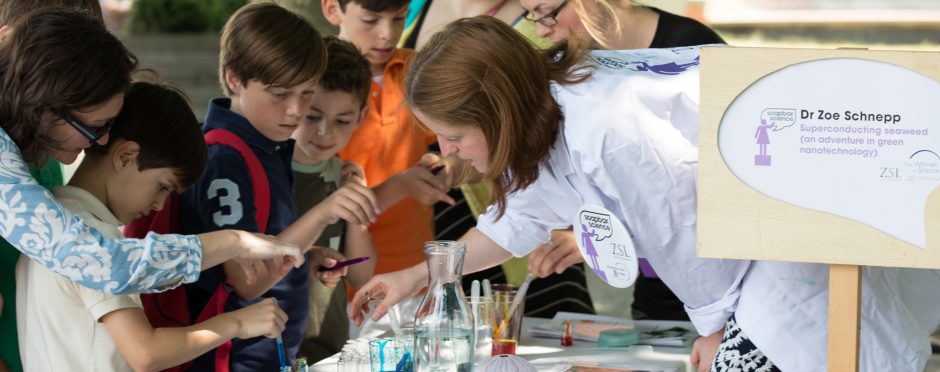
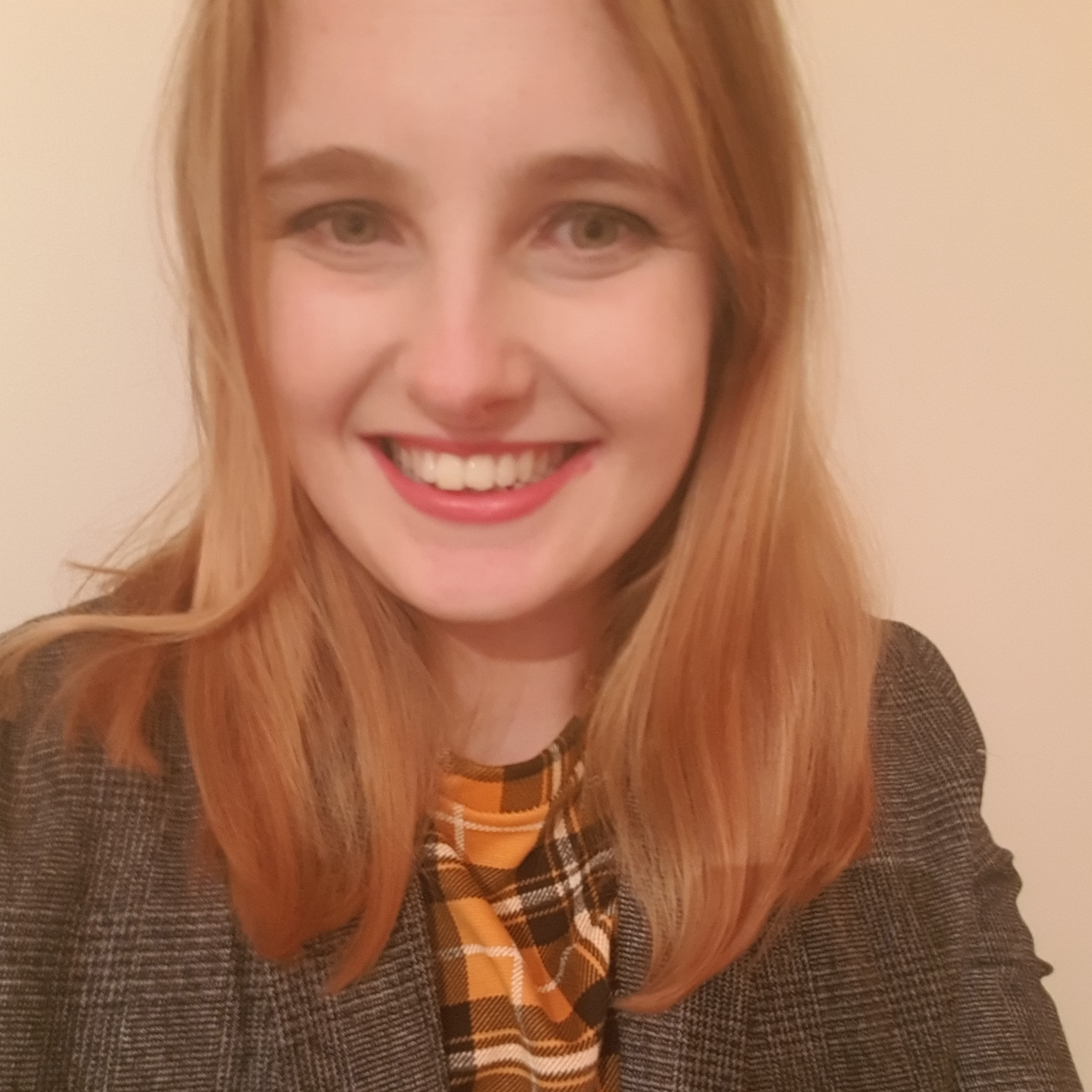 Cassie Sims
Cassie Sims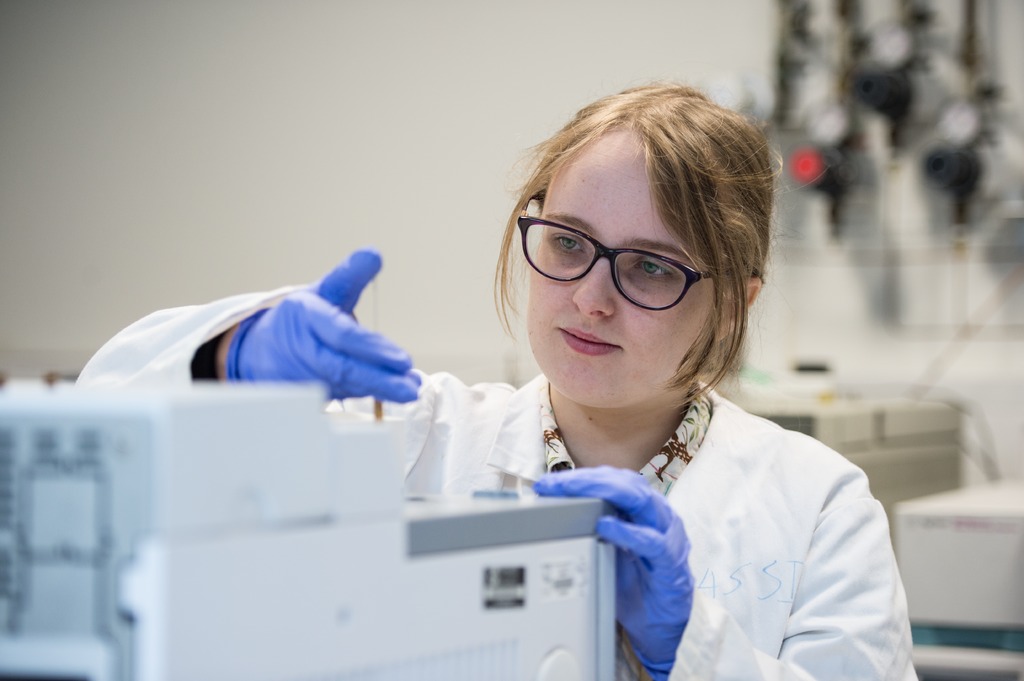 Soapbox Science is an extremely important international event, which reaches out to a general public audience. We will be standing on boxes, and talking about our scientific work, which ranges from computer modelling to field work. It is just as important to show that not only are scientists as people diverse, but the range of science that we do is equally as widespread. Even as a classic lab coat scientist, I am a chemist who works with insects – not something I could have predicted when doing my A-Level in chemistry.
Soapbox Science is an extremely important international event, which reaches out to a general public audience. We will be standing on boxes, and talking about our scientific work, which ranges from computer modelling to field work. It is just as important to show that not only are scientists as people diverse, but the range of science that we do is equally as widespread. Even as a classic lab coat scientist, I am a chemist who works with insects – not something I could have predicted when doing my A-Level in chemistry.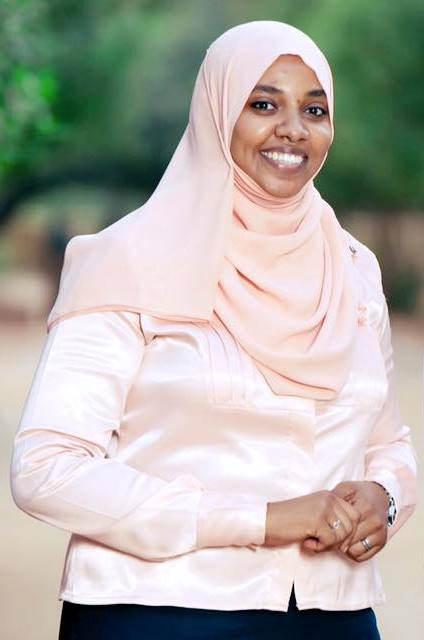 Raheeg Alamin
Raheeg Alamin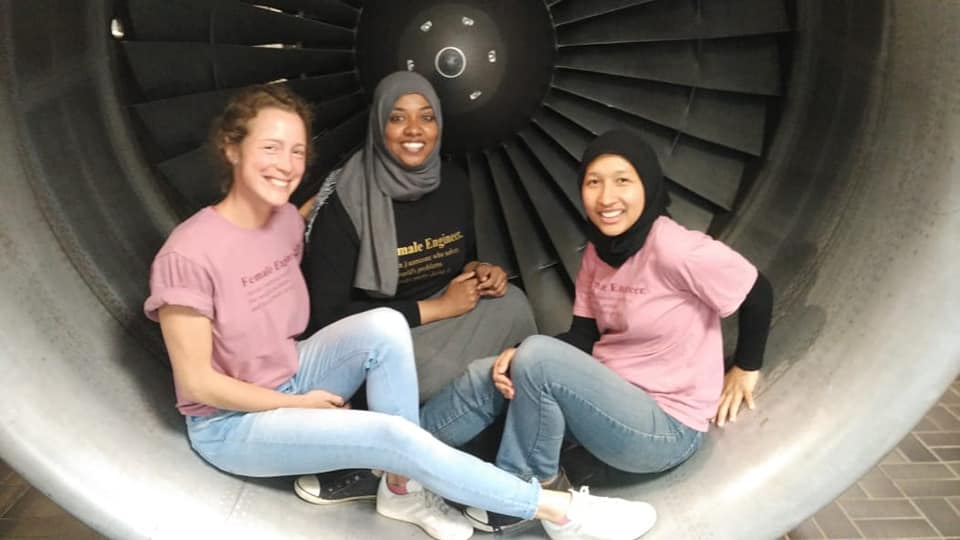 SS: What attracted you to Soapbox Science in the first place?
SS: What attracted you to Soapbox Science in the first place?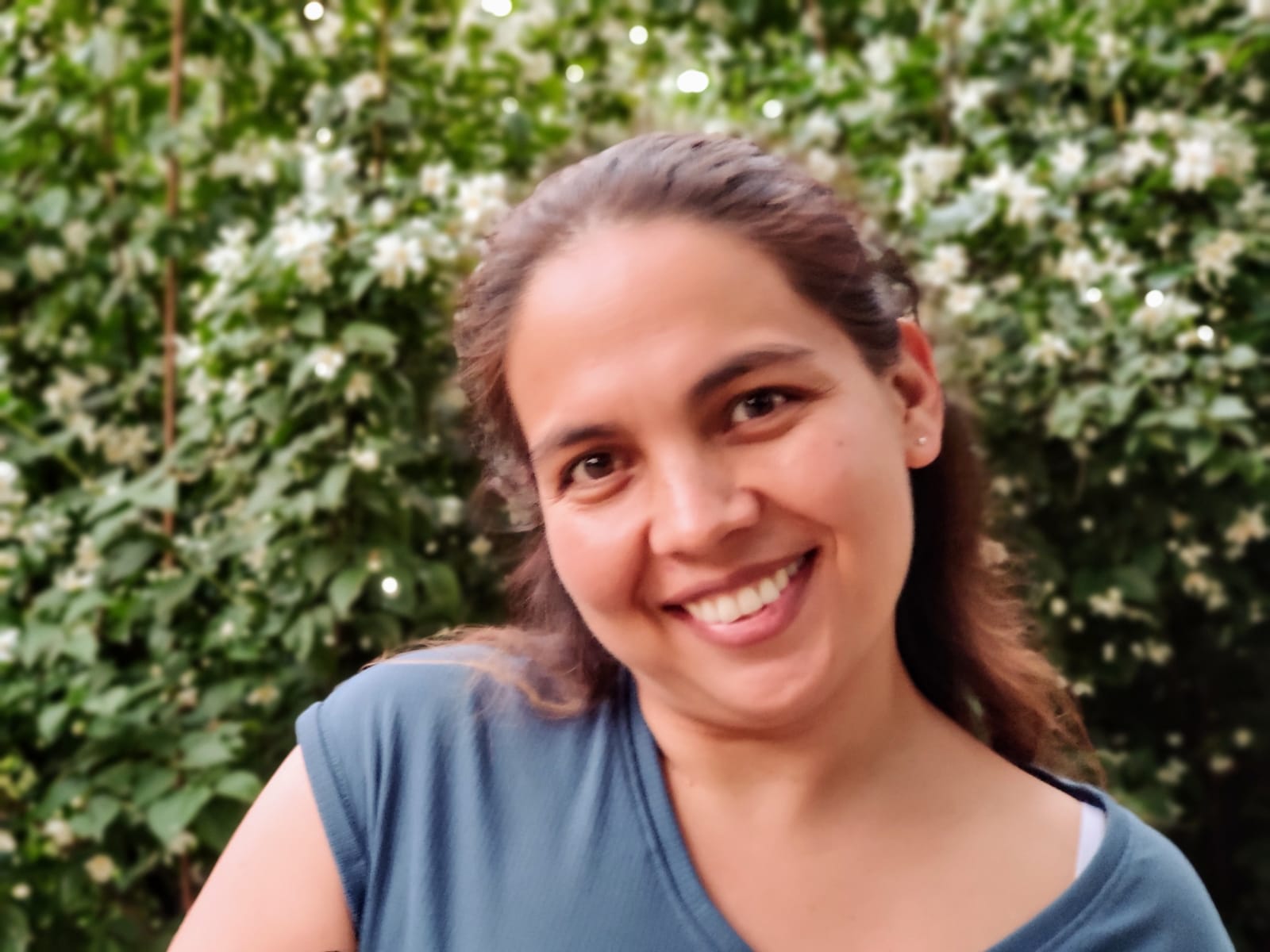 Dr Vasthi Alonso
Dr Vasthi Alonso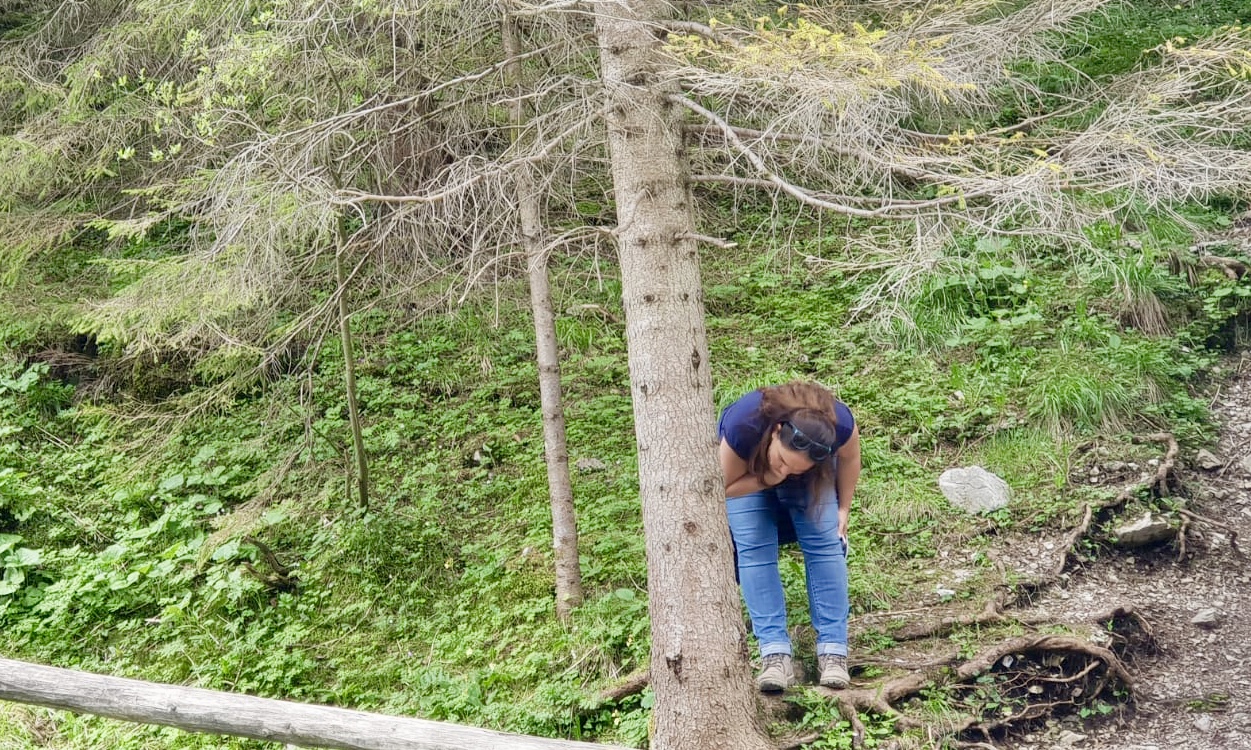
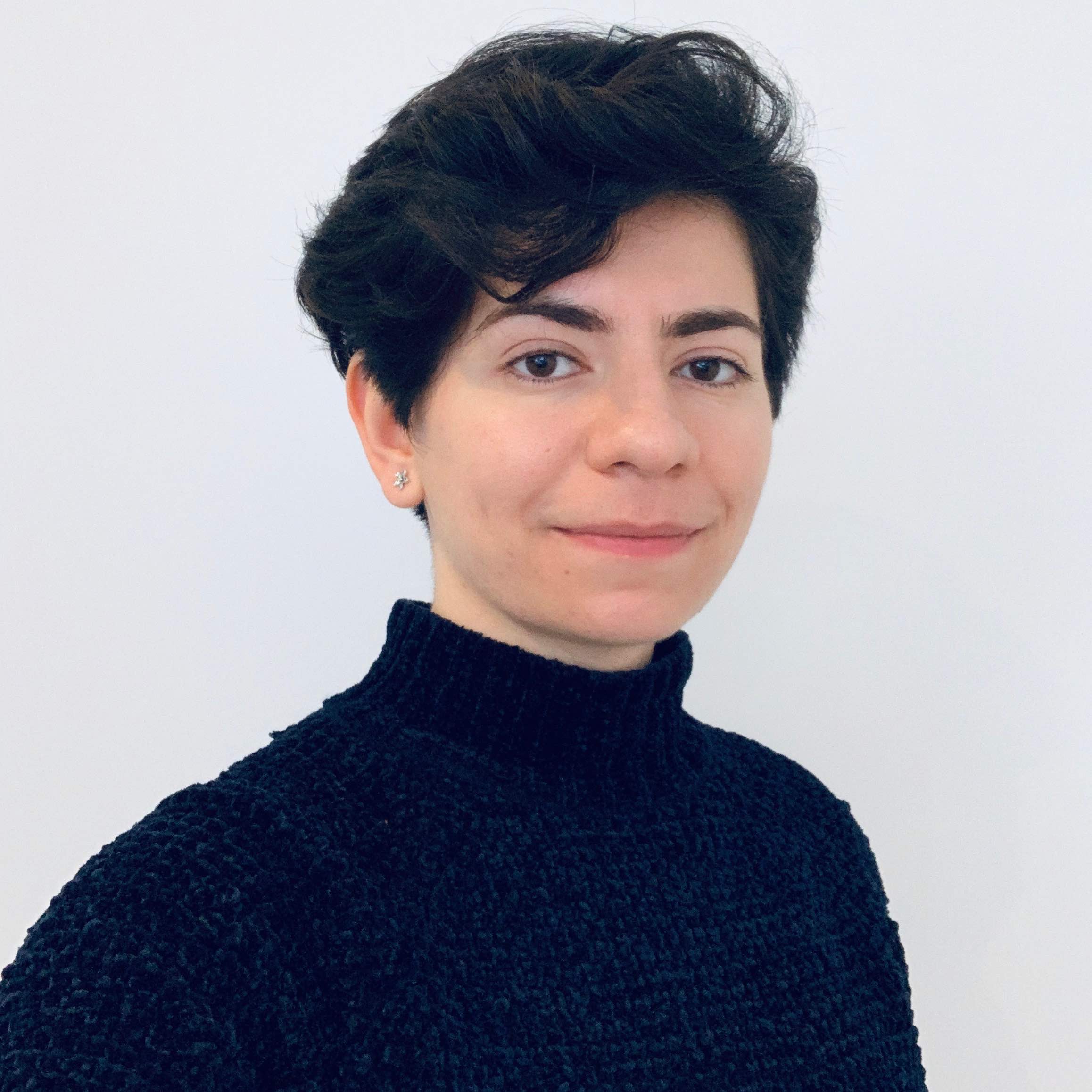 Dr Rosti Readioff
Dr Rosti Readioff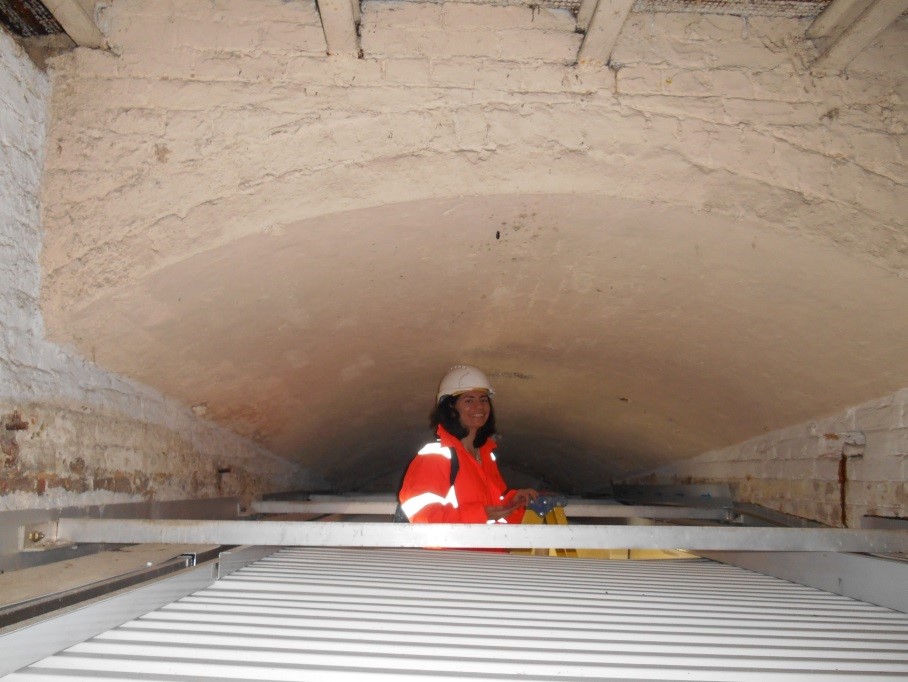
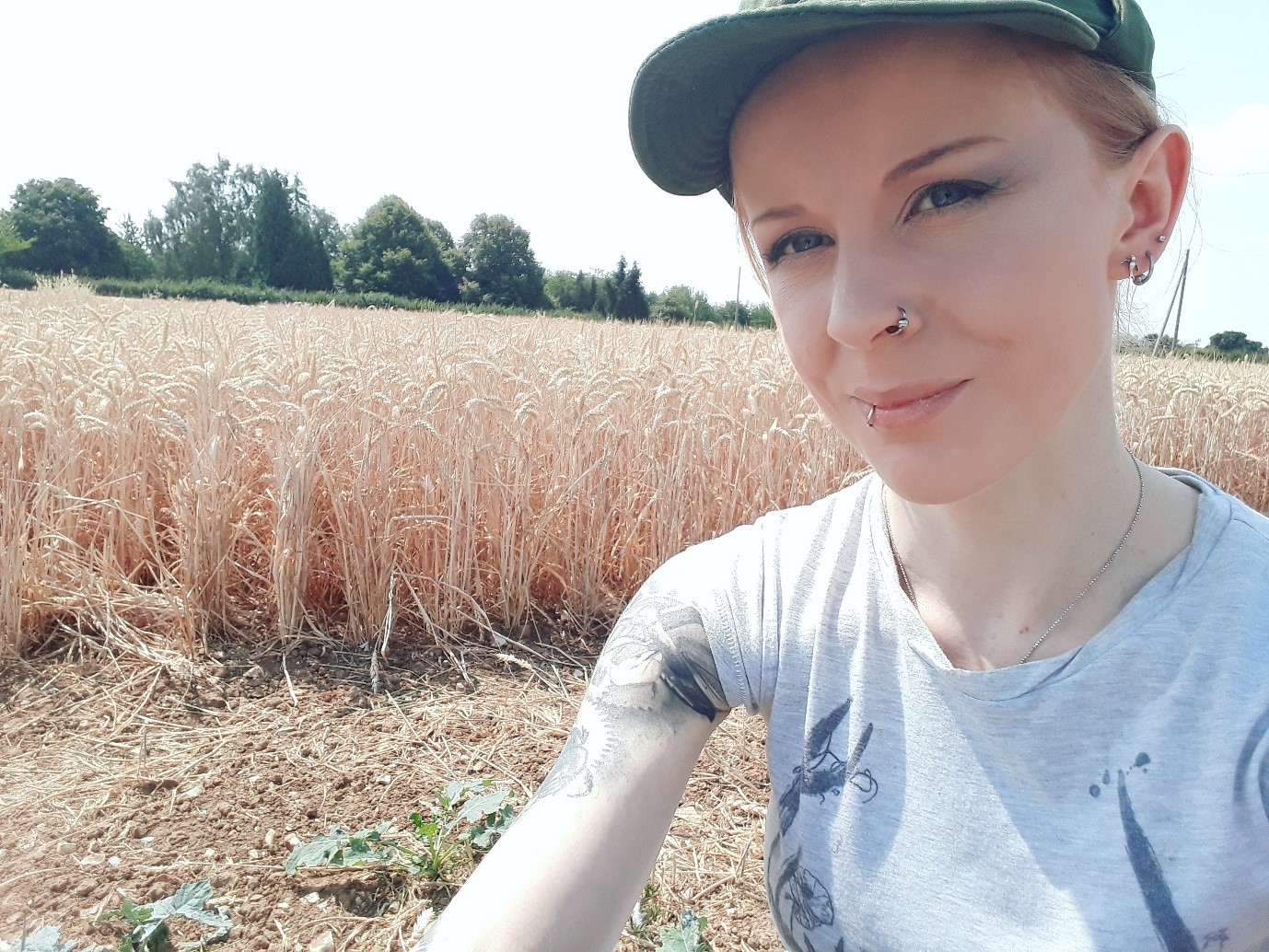
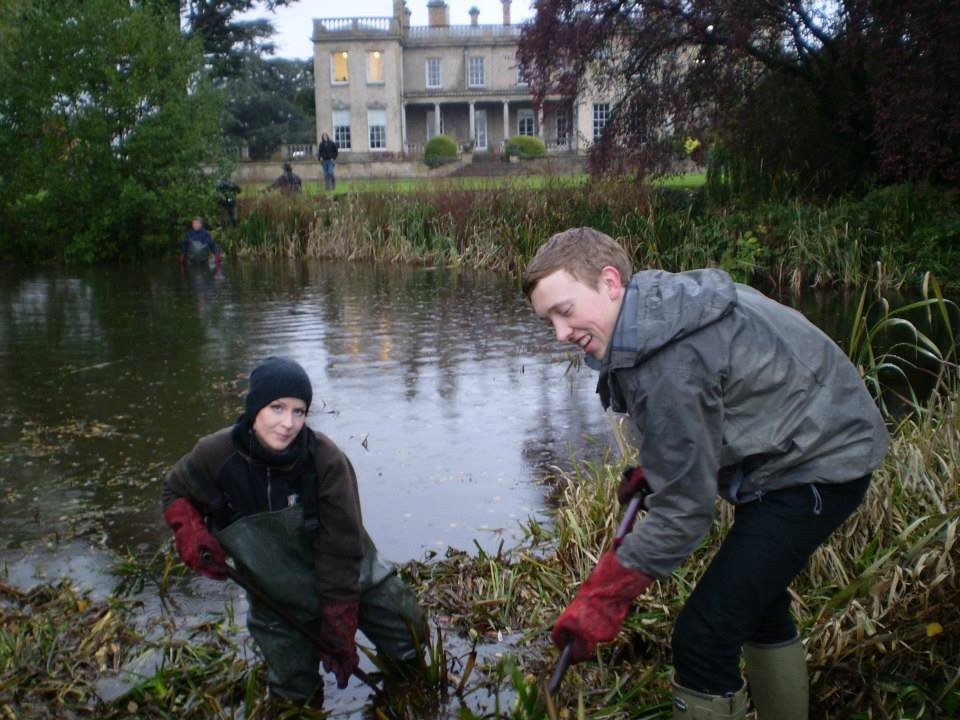 As a little girl growing up I loved the natural world, romping about the fields, diving through the hedges, and getting my hands dirty. I was pretty good academically, but I never even considered that the two might interconnect, and I never dreamed I’d be a scientist
As a little girl growing up I loved the natural world, romping about the fields, diving through the hedges, and getting my hands dirty. I was pretty good academically, but I never even considered that the two might interconnect, and I never dreamed I’d be a scientist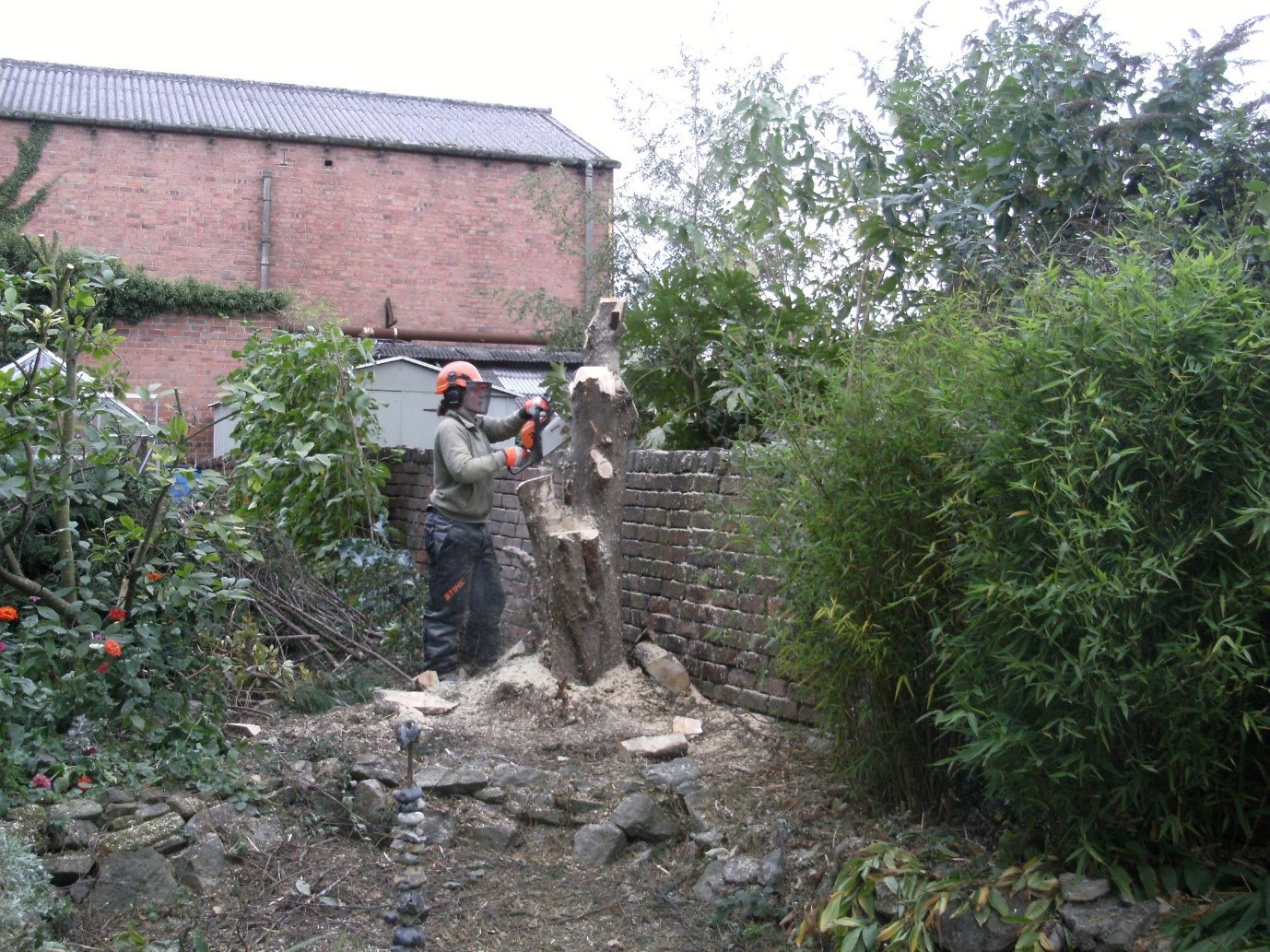
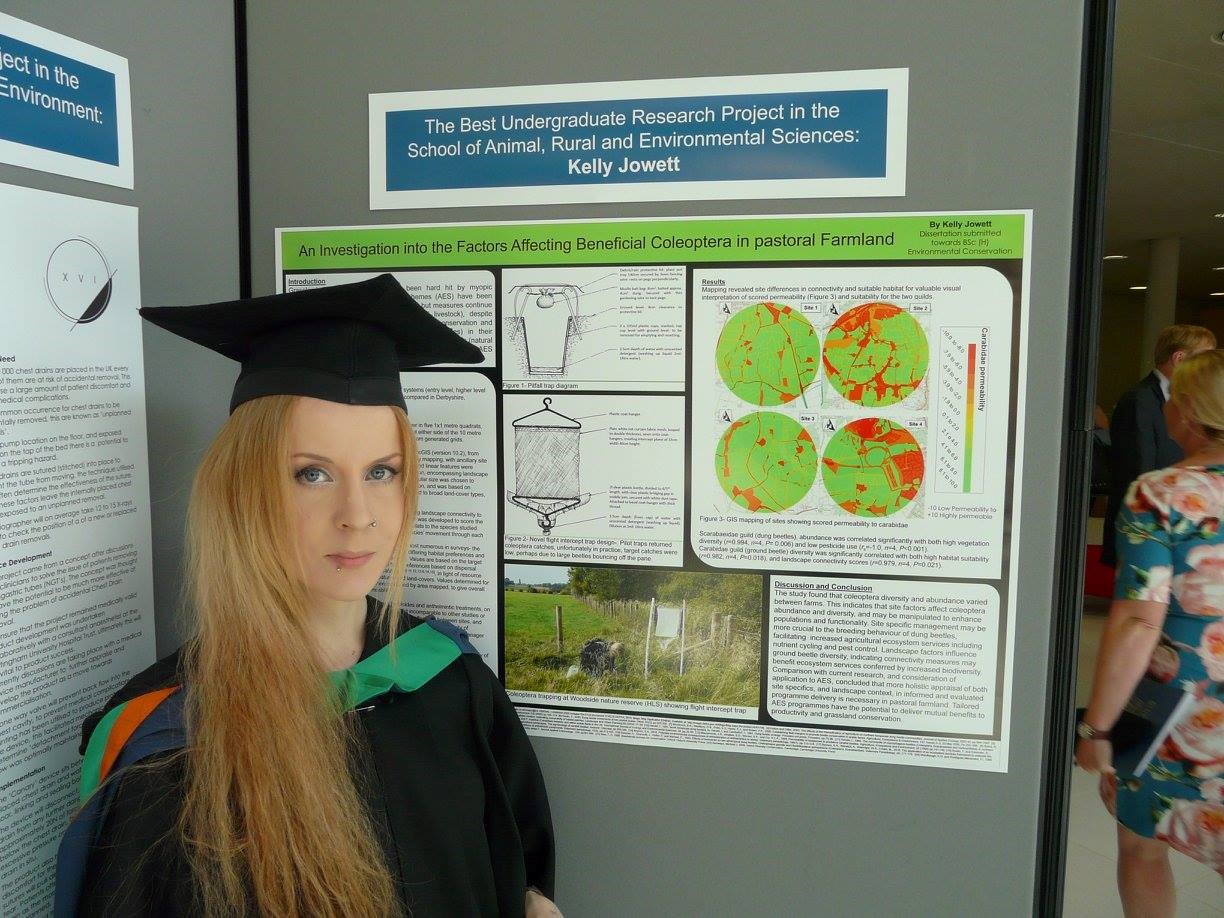
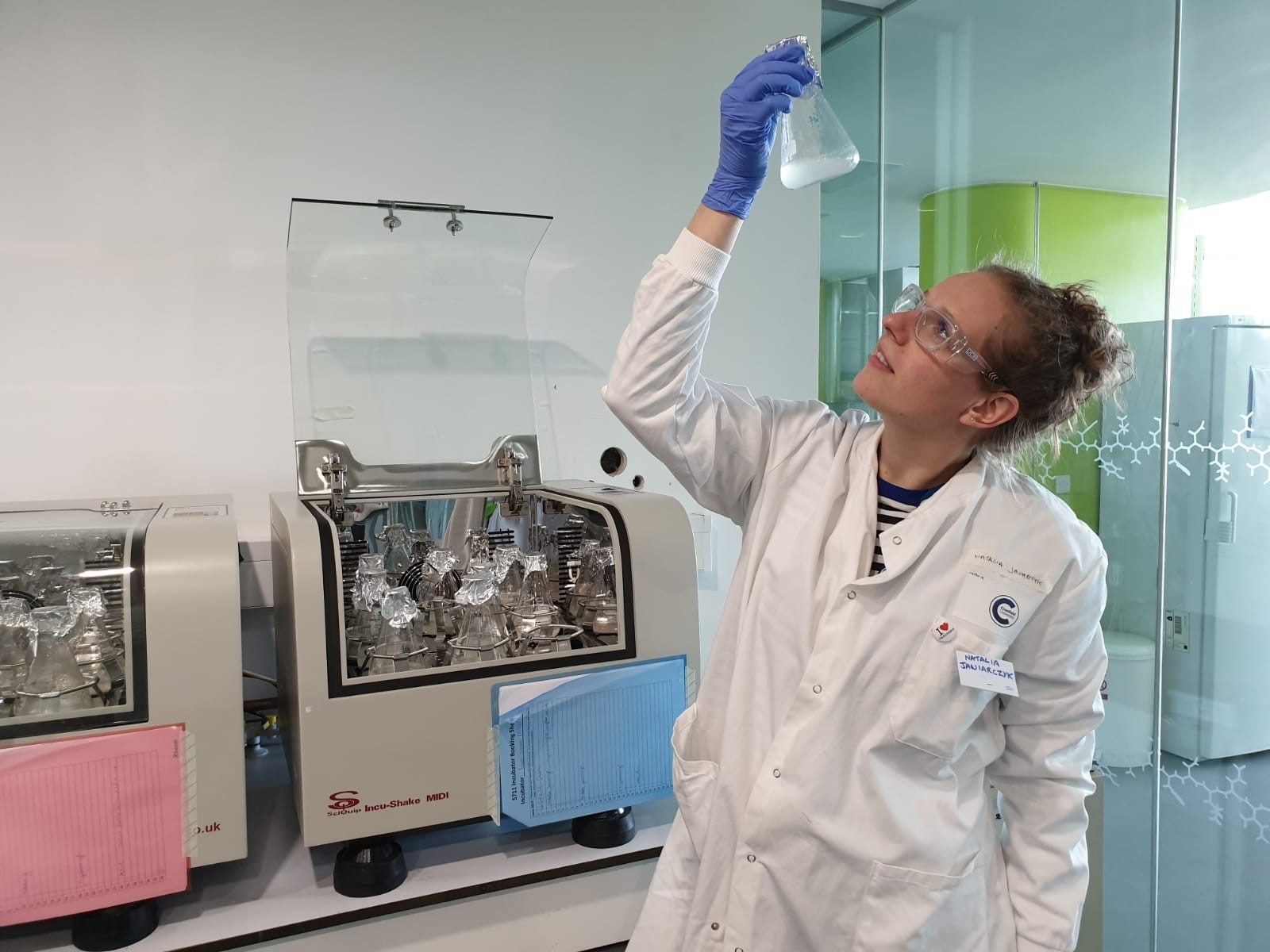 Natalia obtained an MSc in Biotechnology from Wroclaw University of Technology in Poland, majoring in environmental biotechnology. She did her second Master’s in Industrial and Agrifood Biotechnology at Almeria University in Spain, where she majored in industrial biotechnology and bioprocessing, focusing on marine biotechnology.
Natalia obtained an MSc in Biotechnology from Wroclaw University of Technology in Poland, majoring in environmental biotechnology. She did her second Master’s in Industrial and Agrifood Biotechnology at Almeria University in Spain, where she majored in industrial biotechnology and bioprocessing, focusing on marine biotechnology.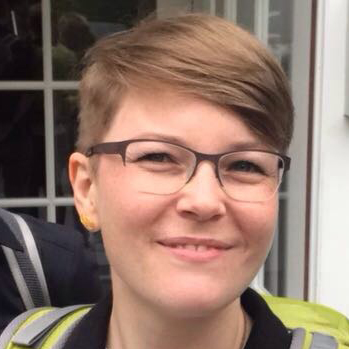 Dr Barbara Kunz is a research project officer working in the geochemistry lab of the School of Environment, Earth and Ecosystem Sciences at the Open University (OU). Her work focuses on analysing samples with a machine called a Laser Ablation Inductively Coupled Plasma Mass Spectrometer. This machine analyses solid materials for their trace element composition.
Dr Barbara Kunz is a research project officer working in the geochemistry lab of the School of Environment, Earth and Ecosystem Sciences at the Open University (OU). Her work focuses on analysing samples with a machine called a Laser Ablation Inductively Coupled Plasma Mass Spectrometer. This machine analyses solid materials for their trace element composition.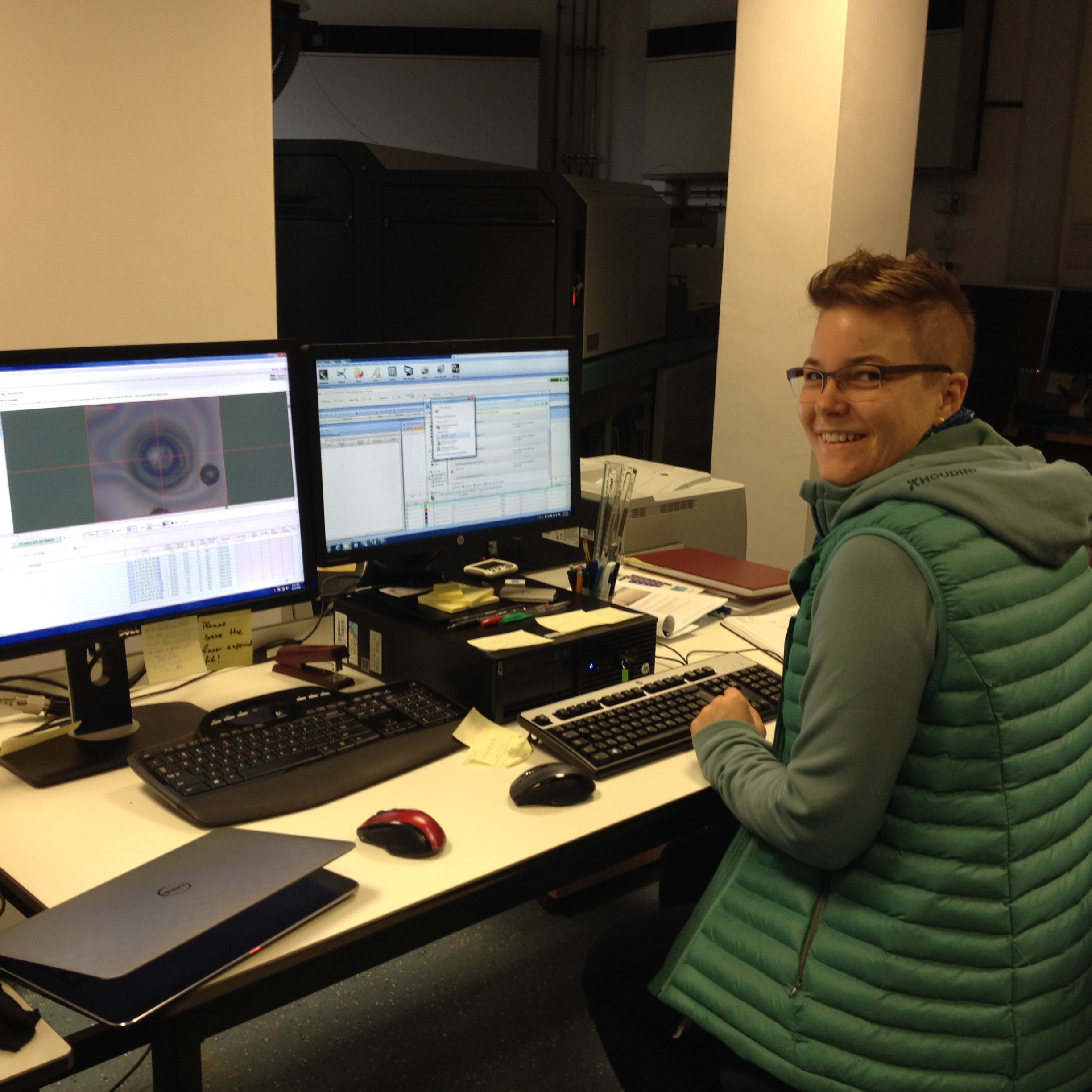 SS: What is the most fascinating aspect of your research/work?
SS: What is the most fascinating aspect of your research/work?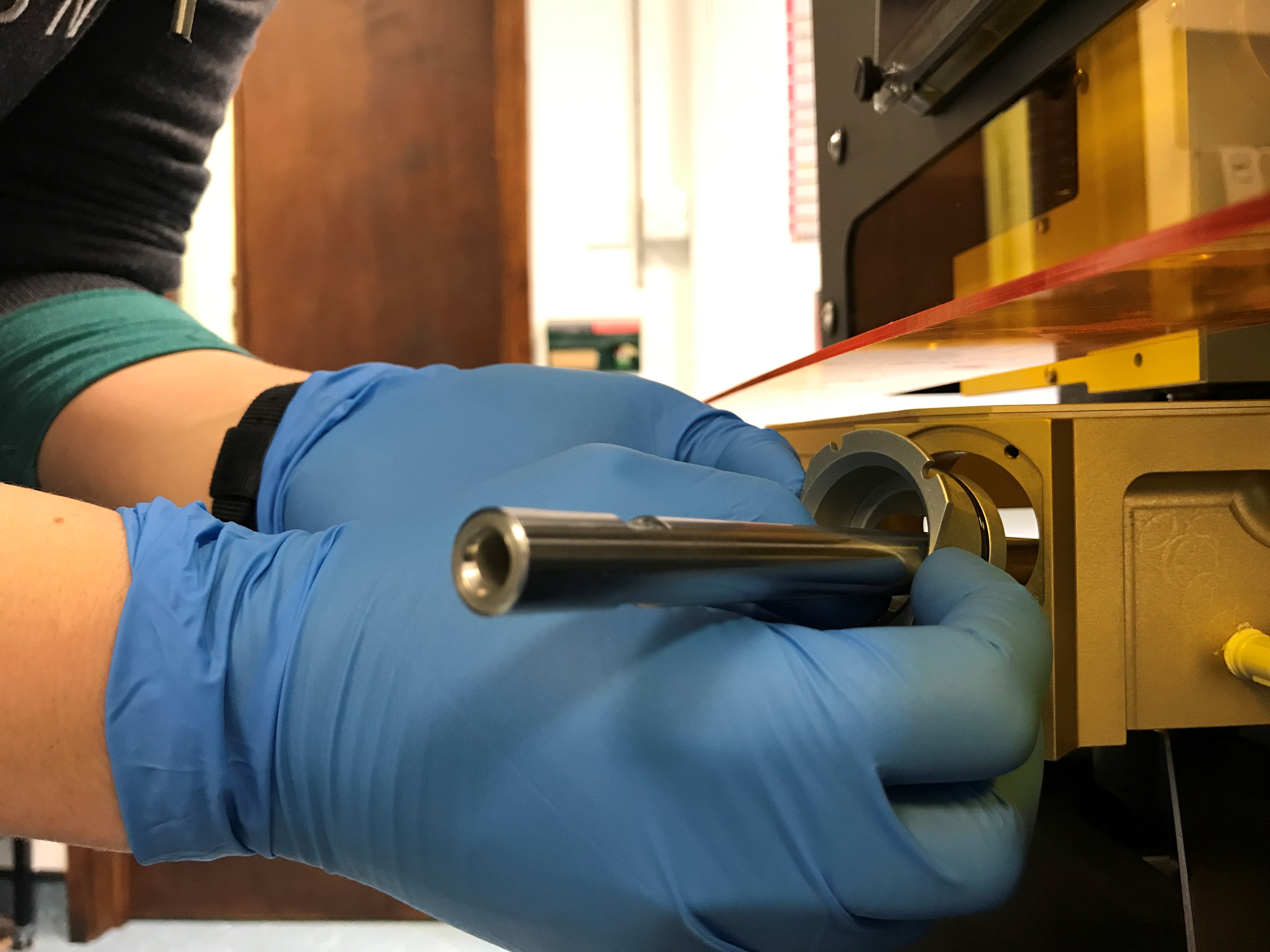
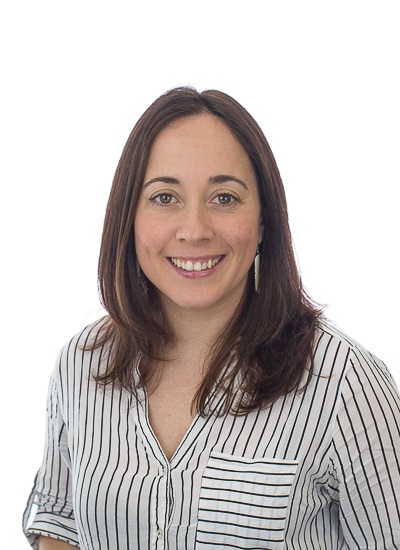
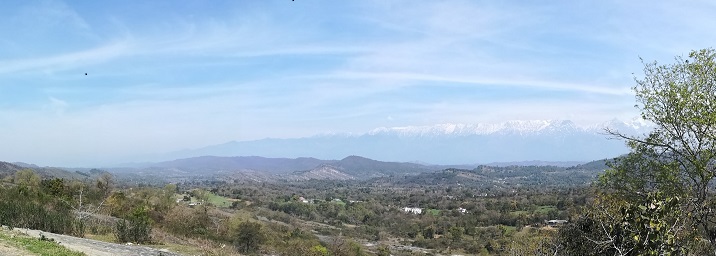 In my short experience of academia, I have observed that gender segregation exists in all the different career stages. There are many women early career researchers like me, but women professors are almost nonexistent. This happens in the UK, Spain, India, Perú… and I suspect almost everywhere. Basic social gender assumptions such as family roles or power ambitions are still the main hurdle to overcome in many countries. However, unconscious gender bias is a much more subtle mechanism that holds women back when we are choosing our careers or seeking promotion.
In my short experience of academia, I have observed that gender segregation exists in all the different career stages. There are many women early career researchers like me, but women professors are almost nonexistent. This happens in the UK, Spain, India, Perú… and I suspect almost everywhere. Basic social gender assumptions such as family roles or power ambitions are still the main hurdle to overcome in many countries. However, unconscious gender bias is a much more subtle mechanism that holds women back when we are choosing our careers or seeking promotion.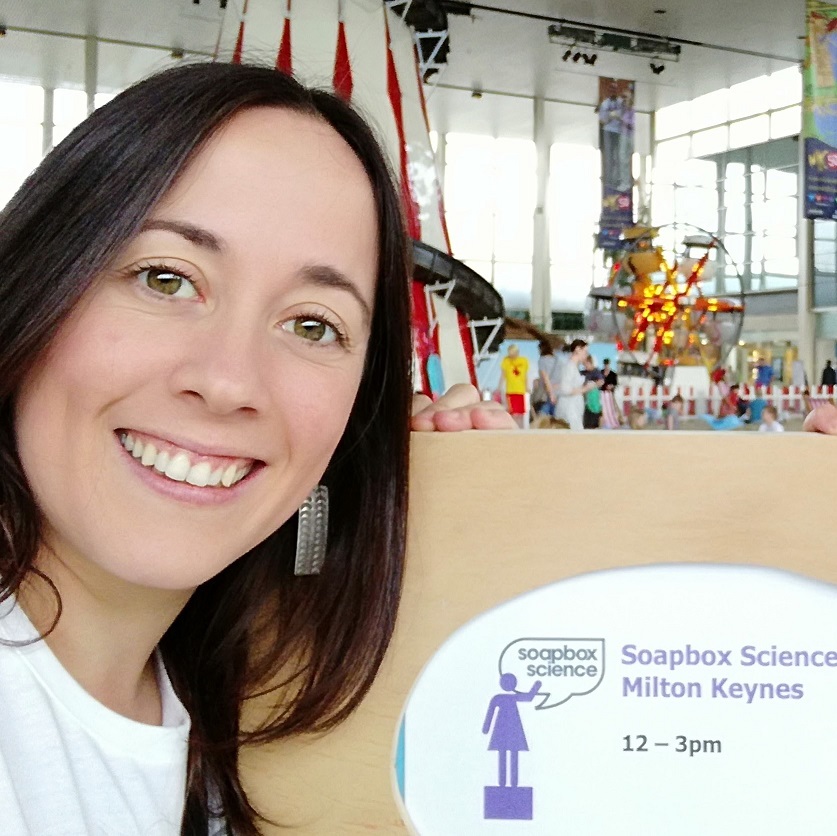 I believe that what you learn as a child really makes a difference in defining the barriers that we sometimes impose upon ourselves. That’s why Soapbox Science is such a great way to change mind-sets and, by extension, society. That’s why I wanted to be part of it two years ago when I volunteered, and this year I am a speaker. It helps children, and especially girls, to see real examples that show them that they can be engineers and scientists if that’s what they want. It may sow an idea in their mind that gives them the self-assurance to follow their will, regardless of gender stereotypes or (in)equality around them. Societal change will follow as those ripples become waves.
I believe that what you learn as a child really makes a difference in defining the barriers that we sometimes impose upon ourselves. That’s why Soapbox Science is such a great way to change mind-sets and, by extension, society. That’s why I wanted to be part of it two years ago when I volunteered, and this year I am a speaker. It helps children, and especially girls, to see real examples that show them that they can be engineers and scientists if that’s what they want. It may sow an idea in their mind that gives them the self-assurance to follow their will, regardless of gender stereotypes or (in)equality around them. Societal change will follow as those ripples become waves.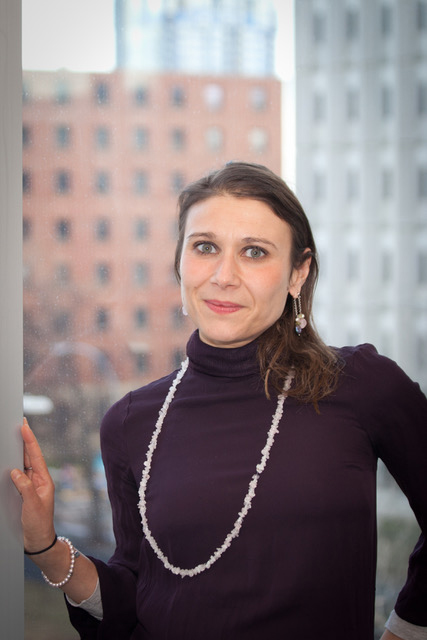 Dr. Francesca Di Cara
Dr. Francesca Di Cara